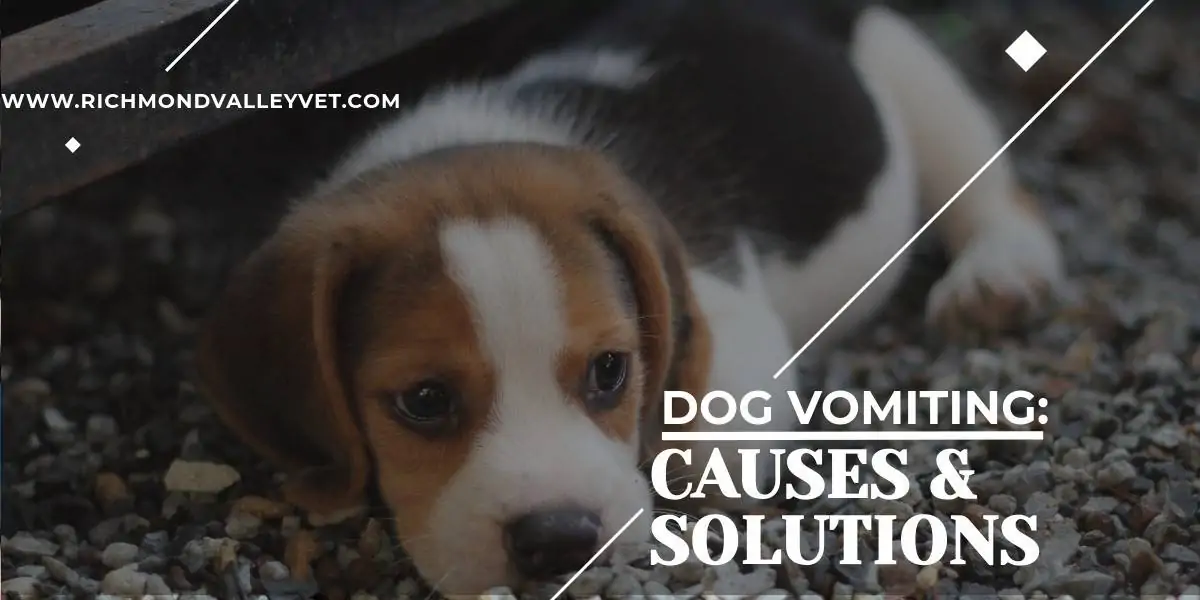
Vomiting in dogs can be considered as a common concern among the dog parents. Dogs can vomit due to reasons ranging from eating some unusual things to gulping down food too fast. At occasions, dog vomiting can also indicate some serious underlying health issues. As a dog parent, it is wise to be informed about the different causes and symptoms related to vomiting in dogs.
Read on to learn more about the symptoms and causes related to dog vomiting and what you can do to help your vomiting pooch.
Why is my dog vomiting?
One of the main reasons for vomiting in dogs is dietary indiscretion. This is a condition where your dog has ingested something that shouldn’t be on his diet. The scenario can affect your pooch’s gastrointestinal tract. The problems with the gastrointestinal tracts are not usually serious and your dog can be nurtured back to health by planning an easy to digest diet for him for the next few days and by addressing the initial dehydration.
Some of the other reasons why your dog may vomit and which can also indicate some serious diseases are as follows:
- Parasites
- Kidney disease
- Liver disease
- Inflammatory bowel disease
- Cancer
- Endocrine problems
- Gastric ulceration
- Bacterial infections and
- Toxin ingestion
What to look for
When your dog vomits, try to find the answers to the following questions:
- How long has been vomiting?
- Is vomiting accompanied via other conditions like diarrhea, lethargy, anorexia?
- Have you recently changed the diet of your pooch or have you fed him any uncooked or undercooked diet?
- Is he up to date with is medications for tick or worming?
- Has he had access to any household or other poisonous substances?
- Has he raided the bin recently?
- Is vomiting accompanied by weight loss?
How to help your vomiting dog?
If you suspect that the diet of your dog is the main reason that prompts the vomiting tendency, you can start by taking him off any food and water for six hours. If the vomiting stops, you can feed him small amounts of water and increase the amount of water, if he seems to be holding it down.
Similarly, you can start feeding him a solid diet in small quantity after 12 hours. Preferably, you can start by feeding some light diet, essentially, plain rice and boiled boneless and skinless meat. Observe your dog for two to three days and if he seems healthier, you can put him back to his original diet.
If you find your dog to be vomiting more than once a day and if he indulges in continuous vomiting, you should take him to a vet.
Treatments
On most of the occasions, the veterinarian will start by addressing the dehydration first. Veterinarians can also prescribe medications to regulate the stomach acid concentration. In some cases where your dog has ingested a foreign object, surgery might be necessary.
A little vomiting can be normal in dogs, however, if you observe that your pooch is vomiting it is advised to keep an eye on him for the next couple of days.
